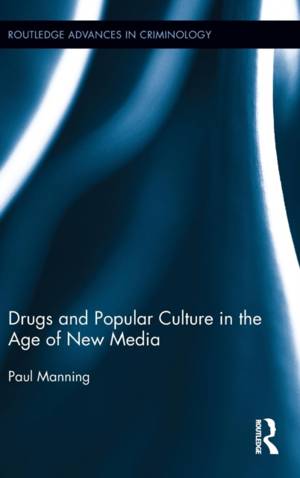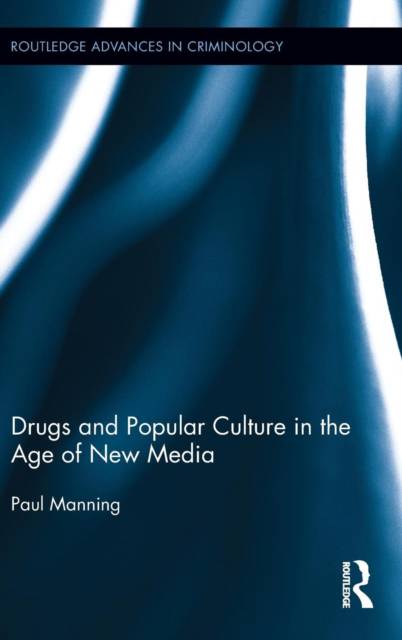
- Afhalen na 1 uur in een winkel met voorraad
- Gratis thuislevering in België vanaf € 30
- Ruim aanbod met 7 miljoen producten
- Afhalen na 1 uur in een winkel met voorraad
- Gratis thuislevering in België vanaf € 30
- Ruim aanbod met 7 miljoen producten
Zoeken
Omschrijving
This book examines the history of popular drug cultures and mediated drug education, and the ways in which new media - including social networking and video file-sharing sites - transform the symbolic framework in which drugs and drug culture are represented. Tracing the emergence of formal drug regulation in both the US and the United Kingdom from the late nineteenth century, it argues that mass communication technologies were intimately connected to these "control regimes" from the very beginning. Manning includes original archive research revealing official fears about the use of such mass communication technologies in Britain. The second half of the book assesses on-line popular drug culture, considering the impact, the problematic attempts by drug agencies in the US and the United Kingdom to harness new media, and the implications of the emergence of many thousands of unofficial drug-related sites.
Specificaties
Betrokkenen
- Auteur(s):
- Uitgeverij:
Inhoud
- Aantal bladzijden:
- 236
- Taal:
- Engels
- Reeks:
- Reeksnummer:
- nr. 15
Eigenschappen
- Productcode (EAN):
- 9780415806923
- Verschijningsdatum:
- 8/10/2013
- Uitvoering:
- Hardcover
- Formaat:
- Genaaid
- Afmetingen:
- 155 mm x 229 mm
- Gewicht:
- 476 g

Alleen bij Standaard Boekhandel
+ 580 punten op je klantenkaart van Standaard Boekhandel
Beoordelingen
We publiceren alleen reviews die voldoen aan de voorwaarden voor reviews. Bekijk onze voorwaarden voor reviews.











